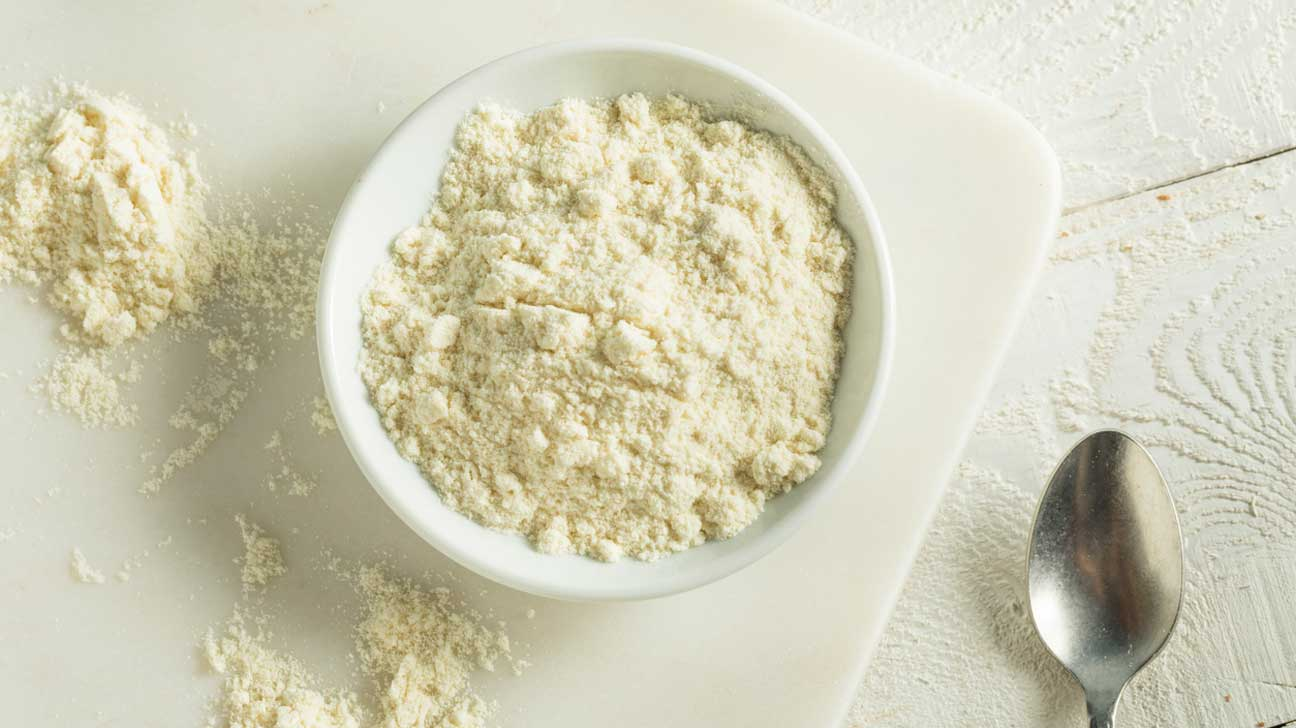|
Name: Whey Protein
Type: Protein Supplement
AKA: Whey, Protein Powder

|
|
II. Natural Derivative
Natural derivative from milk

|
|
III. Chemical Profile (IUPAC name)

|
|
IV. History
Whey protein is a high-quality protein derived from milk during the cheese-making process. It has been used for centuries as a nutritional supplement and is highly valued for its amino acid profile. Whey protein is commonly used by athletes and bodybuilders to support muscle growth and recovery. Its popularity has surged in recent decades due to its effectiveness and ease of use in various dietary applications.

|
|
V. Legal Information
Whey protein is a common dietary supplement and is not classified as a controlled substance anywhere. It is widely used in sports nutrition and health supplements. There are no significant legal restrictions affecting whey protein, and it is regulated as a food product rather than a controlled substance.
|
|
VI. Physical Effects
Whey protein, a dietary supplement, supports muscle growth and repair. It is not a stimulant or depressant but enhances physical performance. Short-term effects include increased muscle mass and recovery, while long-term use is generally safe. Overdose risks are minimal but excessive use can lead to gastrointestinal discomfort. Safe dosing varies based on individual needs. Recent research emphasizes its benefits for muscle building and recovery with few health risks.  |
|
VII. Psychological Effects
Whey protein, a dietary supplement, has minimal direct psychological effects but may influence mood indirectly through nutritional support. Psychological impacts include improved mood and cognitive function due to enhanced physical health. Research focuses on its benefits for overall well-being and cognitive performance.
 |
|
VIII. Culture
Whey protein, a byproduct of cheese production, is widely used as a dietary supplement for its high protein content and benefits in muscle building and recovery. Its cultural significance is profound within the fitness and bodybuilding communities, where it represents the pursuit of physical excellence and health. Whey protein highlights the broader trends in nutrition and the increasing focus on dietary supplements for enhancing physical performance and overall well-being. Its role in the cultural narrative is one of empowerment and the ongoing quest for optimal health and fitness.
 |
